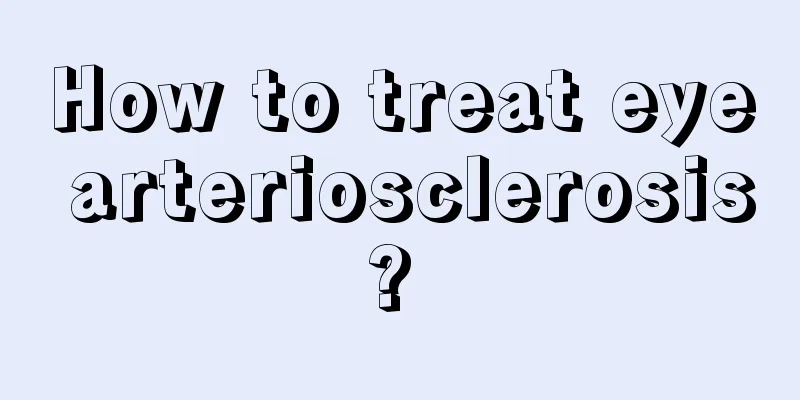Why does the heart keep beating?

|
The beating of the heart is the basis for maintaining our life. If the heart stops beating, it means the end of life. Therefore, many people do not understand what maintains the beating of the heart. The regular beating of the heart is actually a manifestation of automatic rhythm. 1. The cardiomyocytes of the heart are not all of the same type and can be roughly divided into two types. One type is ordinary cardiomyocytes, including atrial and ventricular muscles, which are rich in myofibrils and perform contraction functions, so they are also called working cells; the other type is some specially differentiated cardiomyocytes, which make up the special conduction system of the heart, mainly including P cells and Purkinje cells. In addition to their excitability and conductivity, they also have the ability to automatically generate rhythmic excitement, so they are called autonomous cells. Working cells cannot automatically produce rhythmic excitement and therefore do not have automatic rhythmicity. This automatic rhythm occurs automatically without external stimulation. 2. The heart's ability to beat regularly is a manifestation of this automatic rhythm. The distribution of autonomic cells in the heart is uneven. In the special conduction system of the heart, including the sinoatrial node, atrioventricular junction, atrioventricular bundle and peripheral Purkinje fiber network, autonomic cells are most numerous and concentrated. Especially in the sinoatrial node, there are thousands of such autonomic cells. 3. Since any part that can automatically send out rhythmic impulses can become the source of heartbeat, then why does a normally beating heart not show the rhythm of each part, but only produces one rhythm, and under the control of this rhythm, the heart always beats regularly? This is because the impulses sent from the sinoatrial node are stronger and more obvious than the impulses sent from other parts of the heart. Therefore, the sinoatrial node becomes the main part that controls the heart's rhythm, dominates the excitement and beating of the entire heart, and becomes the source of a normal heartbeat, professionally called a normal pacemaker. The autonomic tissues in other parts do not show their own automatic rhythmicity, but only play a role in excitation conduction, which are called potential pacemakers. 4. Under certain abnormal circumstances, autonomic tissues other than the sinoatrial node (for example, their automaticity is increased, or the excitation of the sinoatrial node cannot control certain autonomic tissues due to conduction block) may also become excited automatically, and the heart beats according to the excitement of the most rhythmic part under the circumstances. These abnormal pacing sites are called ectopic pacemakers. 5. Under normal circumstances, the sinoatrial node releases 60 to 100 rhythmic impulses per minute. The impulse is transmitted to the atria, causing atrial contraction, and then transmitted from the atria to the ventricles along the atrioventricular node and atrioventricular bundle branches, causing ventricular contraction. The continuous and regular impulse stimulation of the sinoatrial node leads to the activity of the entire heart, which manifests as a regular heartbeat of 60 to 100 times per minute. The rhythm emitted by the sinoatrial node is called "sinus rhythm". The heart rhythm of a normal person is sinus rhythm. 6. The beating of our heart is the heart's own function and is generated by the heart itself. However, the entire activity of the heart is obviously affected by nerve activity. Sensations in any part of the body, such as pain, cold and heat, excitement, etc., can cause changes in the heartbeat rhythm, slowing down or speeding up the heartbeat. |
<<: Why do I feel my heart beating so fast?
>>: What causes ankle bone pain?
Recommend
Can I have sex after thyroid cancer surgery?
Whether you can have sex after thyroid cancer sur...
What should I do if I feel like my chest is choking and I keep burping
In life, people often experience a feeling of che...
What is acute febrile neutrophilic dermatosis
Because acute febrile neutrophilic dermatosis is ...
How to clean red wine stains on clothes
Red wine has many functions. Regular and quantita...
What is the use of band-aids
Small Band-Aids are essential medical supplies in...
What are the effects of blue moonstone
To talk about the effects of moonstone for men, i...
What are the symptoms of ovarian cancer metastasis to the peritoneum?
What are the symptoms of ovarian cancer metastasi...
Persistent back pain may mean bone cancer
Continuous back pain may be a sign of bone cancer...
There is a pimple on the philtrum
Every girl is afraid of the appearance of acne, b...
Taboos of eating blackcurrant
Black currant is a common fruit. It tastes sweet ...
The difference between hair mask and h ointment
We will find that many people have shiny hair, bu...
Is it easy to get colon cancer after gallbladder removal?
Cholecystectomy will not directly lead to colon c...
Is the cost of glioma treatment expensive?
Is the cost of glioma treatment expensive? Clinic...
What tests are needed for breast cancer? Six common tests for breast cancer
Breast cancer is mainly a breast disease. Do you ...
How to dry wet wolfberries
Wolfberry is a tonic that nourishes the body and ...









